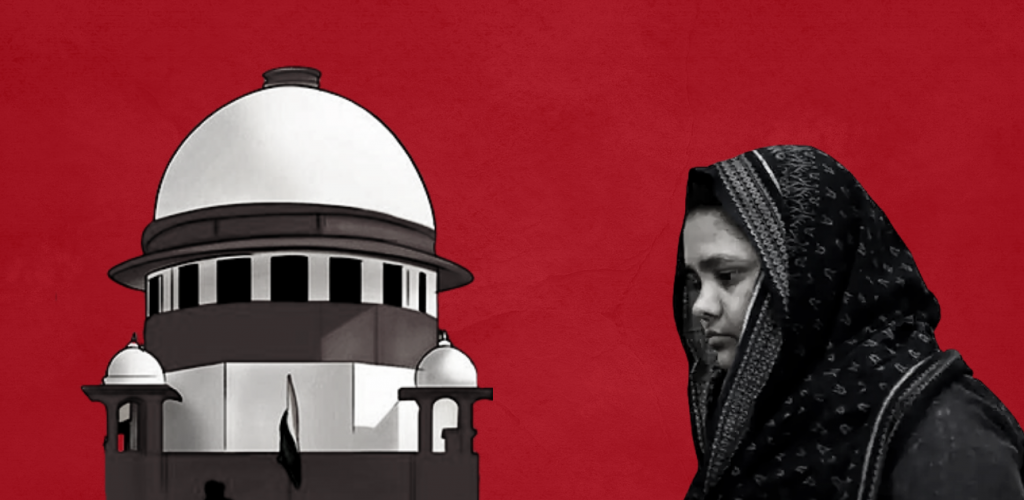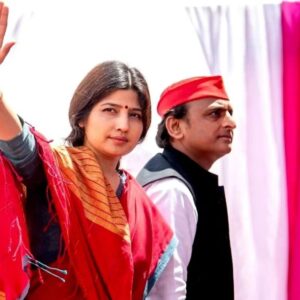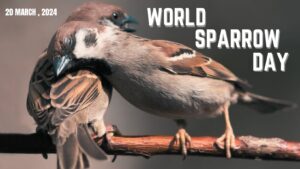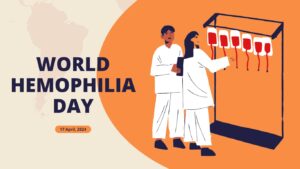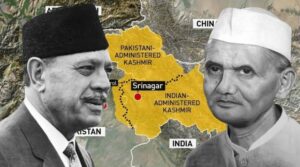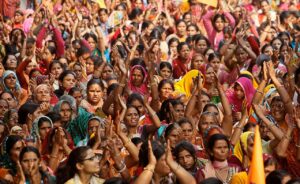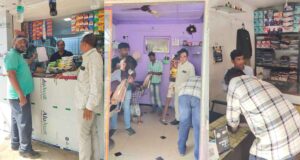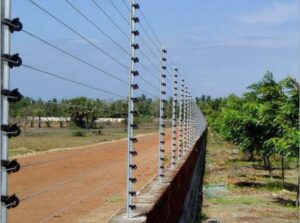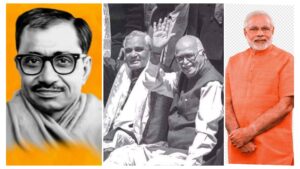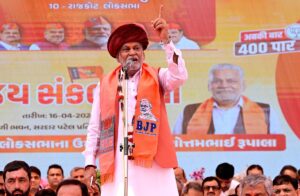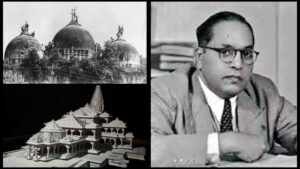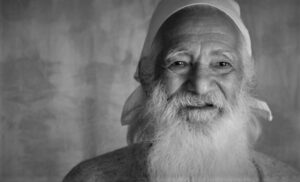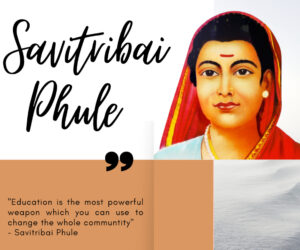“We strike down the remission orders on the grounds of usurpation of power by the Gujarat government.”
– The Supreme Court of India (January 8, 2024)
While the world succumbs to the political right, left and centre; crime against human rights must be kept faraway from these philosophies. The Supreme Court of India today cancelled the release order of the convicts of Bilkis Bano.
The Case
After the Sabarmati train carrying karsevaks was charred at Godhra, February 2002 saw rioting in Gujarat, where 49 karsevaks were killed.
Bilkis Bano, who was five months pregnant at the time, abandoned her village of Randhikpur along with 15 other family members out of fear of violence. They sought refuge in the district of Chhaparvad.
Nevertheless, on March 3, Bilkis and her family were attacked by a gang of 20-30 individuals with swords and sticks. The 11 men who are suspected of raping her were among the attackers. Bilkis’s three-year-old daughter was murdered by the mob, and she was raped and attacked along with her mother and three other women.
Six of the 17 muslims from Radhikpur hamlet were reported missing, and eight of them were found dead. According to a story in The Indian Express, only Bilkis, a man, and a three-year-old made it out of the attack.
Bilkis filed a complaint at the Limkheda police station after regaining consciousness and borrowing clothes from an Adivasi woman. She was brought to the Godhra refugee camp before being examined in a public hospital.
The Trial
Insufficient evidence was used by the local police to continually reject Bilkis Bano’s case after the incident. Her case was taken up by the Supreme Court and the National Human Rights Commission (NHRC), which in 2003 mandated that the Central Bureau of Investigation (CBI) must conduct an investigation into the matter. The trial in this case started in Ahmedabad in 2004 after the suspects were taken into custody.
The case was subsequently moved from Ahmedabad to Bombay by the Supreme Court after Bilkis voiced her concerns that the CBI’s evidence could be tampered with and witnesses could be hurt.
The Special CBI Court sentenced 11 defendants to life imprisonment in January 2008 on accusations of murder, unlawful assembly, and plotting to rape a pregnant lady.
Jaswant Chaturbhai Nai, Keshubhai Vadaniya, Bakabhai Vadaniya, Rajibhai Soni, Rameshbhai Chauhan, Shaileshbhai Bhatt, Govindbhai Nai, Bipin Chandra Joshi, Mitesh Bhatt, and Pradip Modhiya were among the eleven accused.
Due to a lack of evidence, the court cleared the remaining seven defendants. During the trial, one of the accused had passed away. The court determined that Shailesh Bhatt killed her daughter Saleha by smashing her on the ground, while Jaswantbhai Nai, Govindbhai Nai, and Naresh Kumar Mordhiya (who has since passed away) had sexually assaulted Bilkis.
In May 2017, the Bombay High Court confirmed the rape case convictions of 11 defendants and sentenced them to life in prison.
The Release
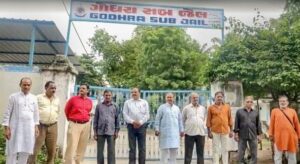 One of the prisoners, Radheshyam Shah, petitioned the Gujarat High Court to have his sentence revoked in accordance with sections 432 and 433 of the Code of Criminal Procedure. The high court denied the application, noting that Maharashtra, not Gujarat, is the ‘appropriate government’ to decide on his remission.
One of the prisoners, Radheshyam Shah, petitioned the Gujarat High Court to have his sentence revoked in accordance with sections 432 and 433 of the Code of Criminal Procedure. The high court denied the application, noting that Maharashtra, not Gujarat, is the ‘appropriate government’ to decide on his remission.
Shah entered a plea in the Supreme Court stating that, as of April 1, 2022, he had been incarcerated for 15 years and 4 months without being released from prison. The Gujarat government established a committee after the top court ordered it to investigate the possibility of having his sentence remitted.
The 11 convicts in the case were all remitted by the committee’s unanimous decision last year, and on August 15, 2022, they were released from Godhra Sub-Jail.
“Obtained through fraudulent means”: Supreme Court cancels its 2022 order.

